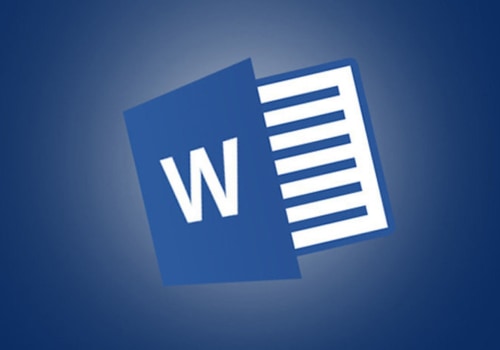A web editor develops the content or editorial plan of a website, working with a team that may include a creative director, writer, designer, and information architect. Web publishers from different types of companies have different responsibilities. Web publishers are usually responsible for the content and images used on a website. Like content editors, they plan, research, write, copy and edit the content of a website.
A web editor works with content from the Internet or website. While their responsibilities may include ensuring that the HTML code is correct, many in this role focus on the front-end user experience and act as authors or editors of new content. In some cases, a web builder may work on the back-end of a site to manage its technical framework. Responsibilities often include planning, scheduling, and publishing new materials.
These tasks often involve the use of professional design or editing software. Qualifications to become a web editor vary, but generally include a bachelor's degree in web design, journalism, or a similar field. Knowledge of languages such as CSS and HTML, grammatical skills and experience in using professional design or editing software are useful in this career. While their roles may include ensuring that the HTML code is correct, many in this role focus on the front-end user experience and act as authors or editors of new material.
Responsibilities often include planning, scheduling, and publishing content. If you're looking for a job on the Internet and have a talent for writing, you might want to learn about the ins and outs of what a web editor does. A web publisher can work for a single organization or for a website marketing company that manages the content of several different websites at once. A day at the web editing job may vary from employer to employer, but many of the tasks you can expect to accomplish will be of a similar nature.
Keep reading and find out what the publisher's role is in marketing or website design so you can see if it's right for you. A website publisher selects and controls the content of a website to meet the needs of its owners and users. Magazines, newspapers and other publications use website editors to maintain editorial standards and provide a steady stream of new content for users. This work usually requires experience in the field of publishing, along with a knowledge of how Internet media works and connections with members of the industry.
Some colleges and universities offer training in this area, and many website editors gain their experience on the job, working their way up the ranks. Web publishers are responsible for creating and maintaining the appearance of a website. They work closely with web designers to ensure that all content is properly formatted, but they also play an active role in shaping the overall user experience by deciding which elements should be emphasized or unhighlighted on each page. The Society for Editors and Proofreaders (SFeP) and the National Union of Journalists (NUJ) offer a range of courses, specializing in web writing and web editing.
This Web Builder job description template is optimized for posting to job boards or online career pages and is easy to customize for your company. Since traffic often only stays on an outdated page for a few seconds, the publisher's role is to keep the content up to date with new, relevant content that is useful to readers. As an example of this, a web publisher is likely to be an expert in web content, content marketing, HTML and online, while a typical news reporter is an expert in communication, air, local business and SEO. Based on the resumes of web publishers and publishing interns, some of the skills required to complete the responsibilities of each role are similar.
Web publishers can also use social media to promote their own work, which forces them to understand how to use social media to build their personal brand. It is up to the publisher of the website to maintain the publication's editorial standards and select content that meets its mission and objectives. If the publication also has print representation, the website publisher can work with the print publisher to discuss coverage issues, special issues, and other issues that may affect both the press and the web. Employees in the positions of Web Editors and Journalists are trained in Web Content, Content Marketing and HTML.
These are examples of resume responsibilities of real web publishers that represent typical tasks they are likely to perform in their roles. On news sites in particular, web publishers have to move fast to publish stories in response to news events around the world. . .








